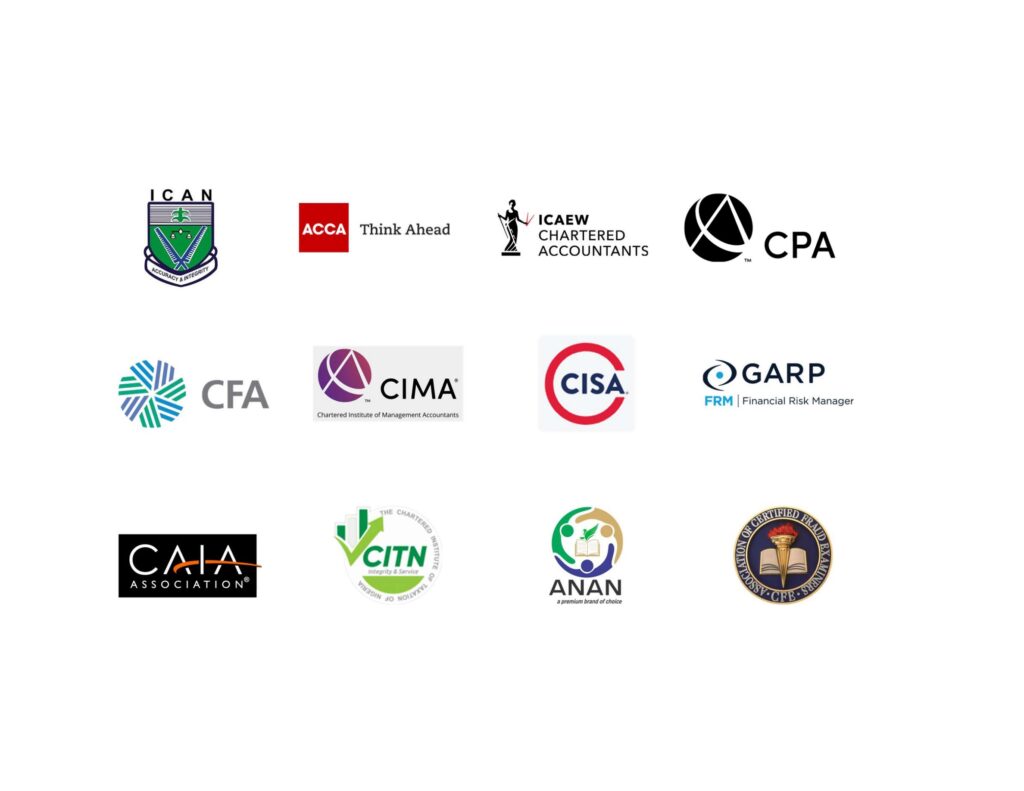Are you considering a finance certification or an advanced degree? Let me save you precious time and money.
As finance professionals, we want to advance our careers.
Two popular paths we often choose to achieve this are pursuing finance certifications or enrolling for advanced degrees. The choice we make can affect our personal and professional life.
Let’s look at six factors and questions you must consider before taking the leap.
Cost 💰
We all value our hard-earned money.
Finance certifications can be pricey. You need to evaluate the total cost. Factor in exam fees, study materials, recurring expenses, and tuition fees for advanced degrees. Don’t forget to include the yearly subscriptions. They add up quickly.
What is the total cost?
Can you afford it?
Do you have to take loans to finance it?
Can your employer cover the cost?
For context, ACCA subscription fee costs up to 283 pounds yearly, and CFA annual subscription is 299 dollars. So, if you have both qualifications, you could be doling out 650 dollars yearly!!! (I used 2023 data and converted ACCA subscription fees to dollars.)
Be sure it fits snugly in your budget and offers a strong return on investment.
Accreditation 🏆
Accreditation gives credibility.
Find out: Is the Institution accredited?
By who?
For certifications, research the institutions that offer the credentials and verify their accreditations. Likewise, for advanced degrees, ensure that the university or educational institution is accredited and recognized.
Hope is not a strategy here. Don’t take their word for it. Check for yourself.
A well-accredited certification can open doors to new opportunities. On the flip side, a non-accredited degree will be a waste of time and energy.
Reputation 🐘

In the competitive finance industry, reputation carries immense weight. Investigate the reputation of both the certification and the issuing institution.
Do job vacancies require this license/degree?
How do your target employers view individuals with these certificates?
Certificates from reputable institutions can make you more desirable to employers.
Career Goal 🥅
How will this certificate help your career?
Have you seen others in your desired role that have used this certificate to get where they are?
Do the credentials align with your aspirations?
Your career aspirations are as unique as you are. When choosing examinations to write, consider the direct impact they will have on your long-term career goals.
Again, hope is not a strategy. Consider the career trajectories of professionals who have pursued each path. The right choice will propel you in the direction you see for your career.
Study Time Commitment ⏰
Time is of the essence! So, consider this: What is the expected study time required to prepare for the exam? For example, the CFA exam is known to require an average of 300 hours.
How long will the degree program take? If it is a part-time degree, how many hours will be required per week?
Time is precious and limited. Think about how you would balance your study commitments with your personal and professional life. Some certifications demand intensive study, and advanced degrees could span several years. Ensure your study commitments fits well with lifestyle.
Industry Trends 📈
Stay ahead.
Is the study program in sync with current industry trends and what employers are looking for?
Does the exam body regularly update their content?
Consider whether the curriculum is regularly updated to reflect the recent developments in the field. Choose a finance certification and degree that will arm you with relevant and up-to-date knowledge and skills.
The right finance credential will boost your career, but the wrong one will be a waste of time and money. Choose wisely!
Have you already pursued a finance certification? What did you consider to make such decision? Share your experience in the comments below!
If you’re considering one, reach out, and I may be able to offer some guidance!
Disclaimer: The logos of institutions mentioned in this blog are used for illustrative purposes only. The inclusion of these logos does not imply endorsement or affiliation with this content. All logos are the property of their respective owners.

Comments (2)